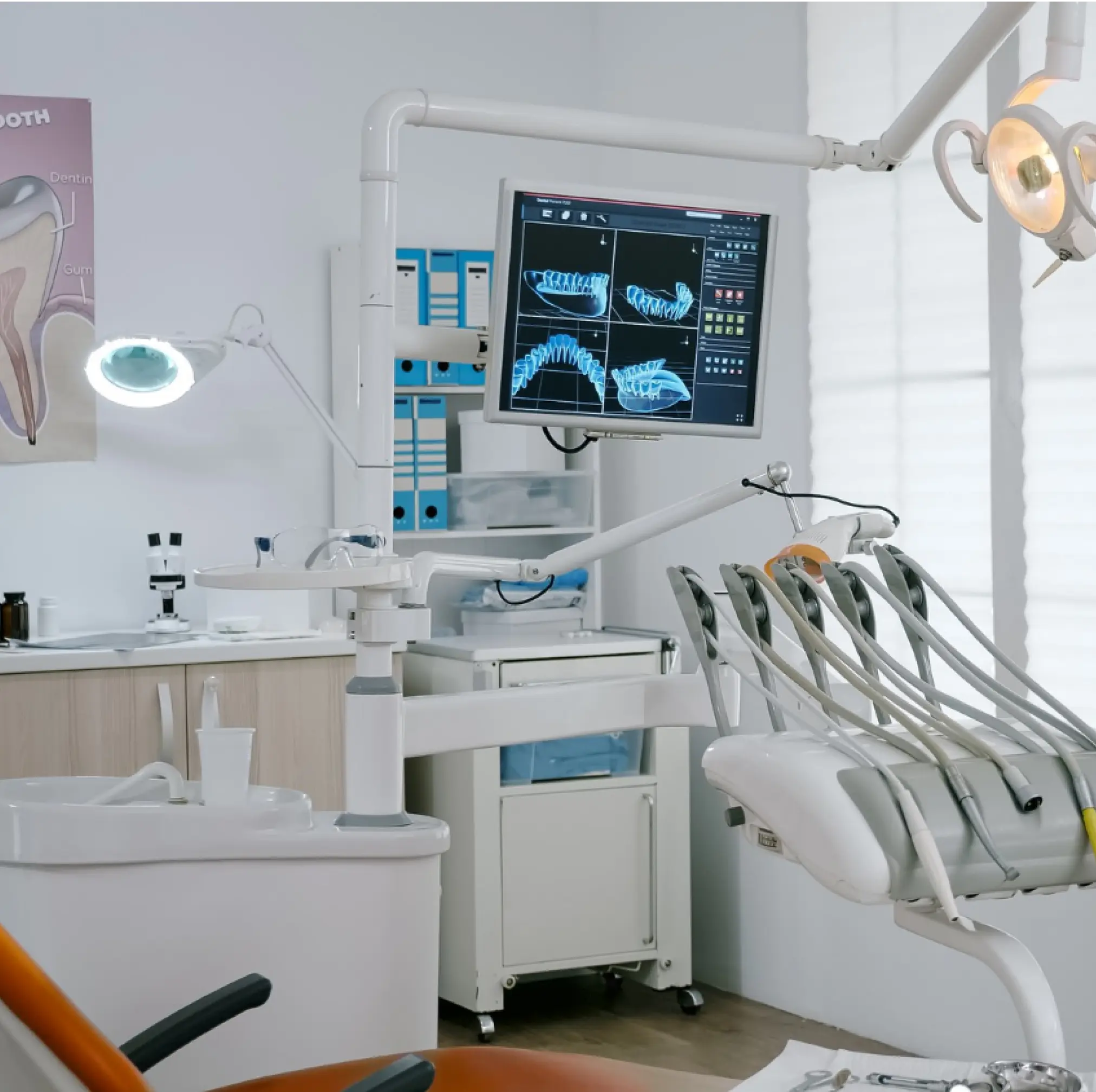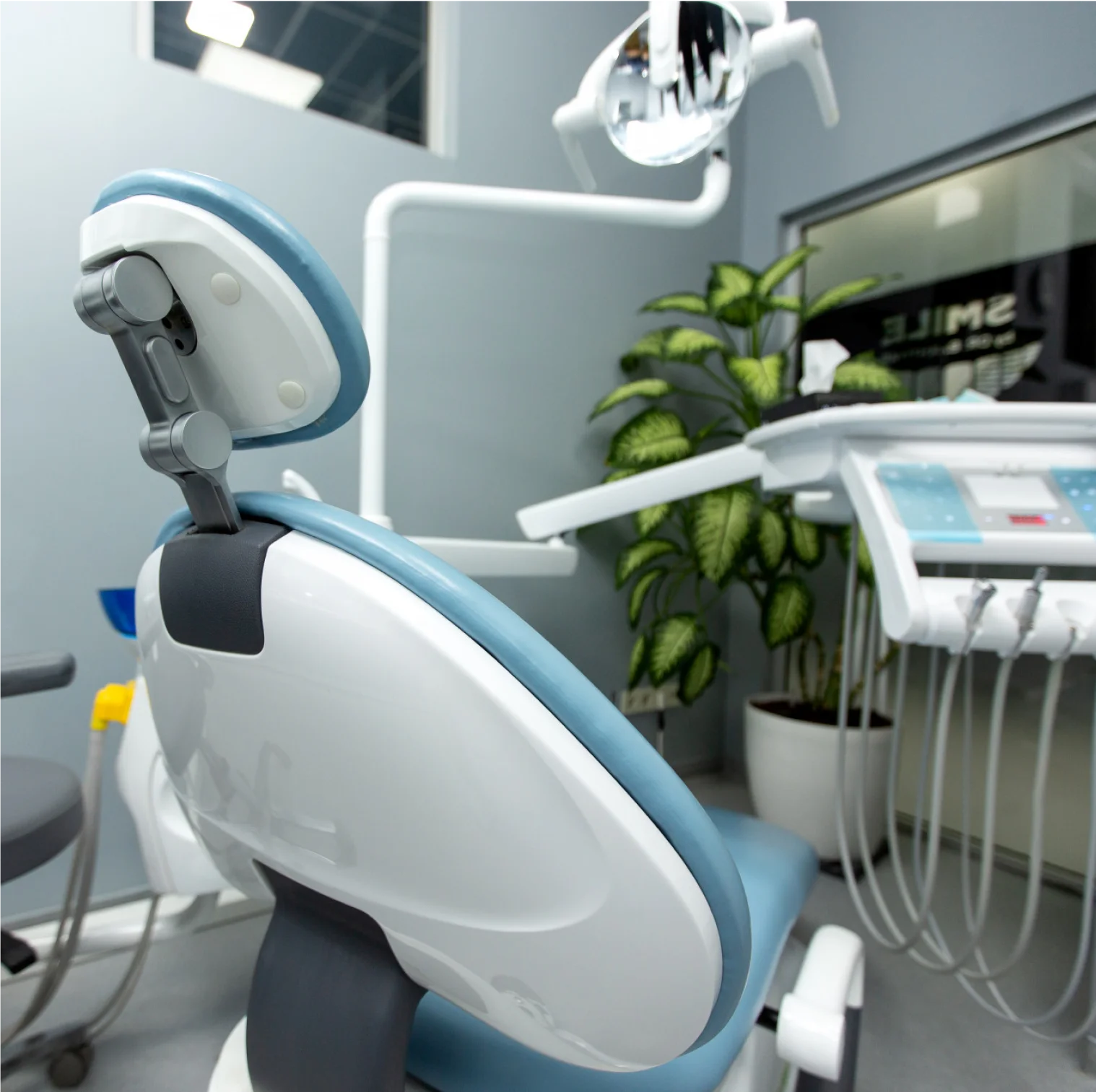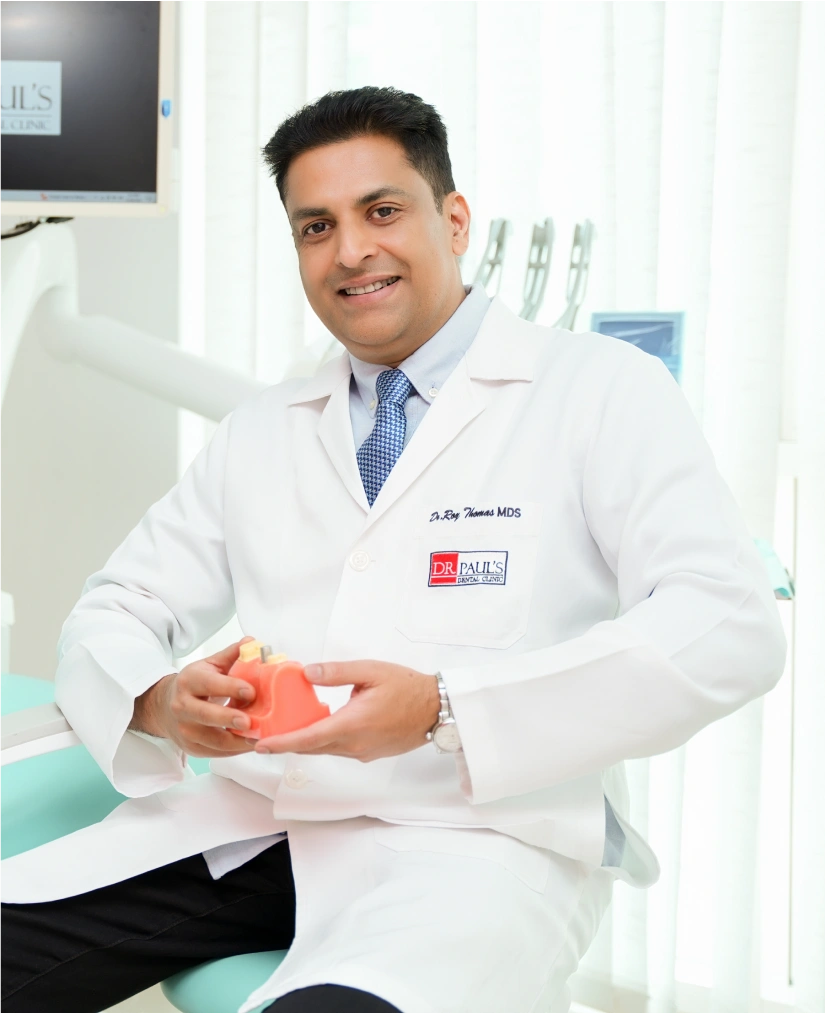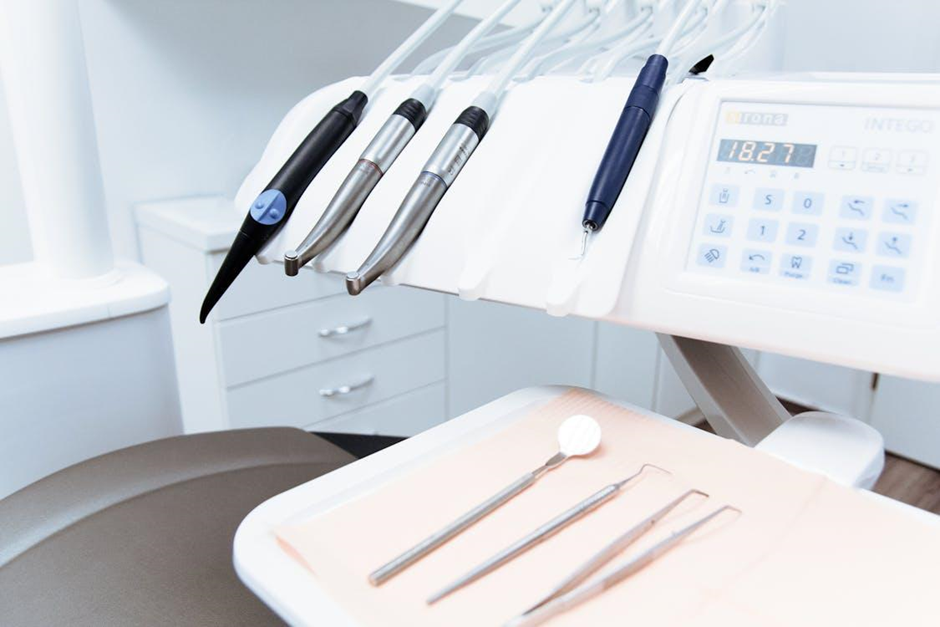Things to Know Before Wisdom Tooth Extraction
wisdom teeth extraction

Table of Contents
Most people end up panicking and freaking out when their dentist tells them they need to have their wisdom tooth (or teeth) removed immediately. The thought of undergoing oral surgery, which is apparently extremely painful, is enough to scare people before even going for the extraction surgery.
If your dentist has also told you the same, the first thing that you need to do is take a deep breath and relax. The panic most people often feel is the result of insufficient information or misinformation about wisdom tooth extraction.
Here are a few basics that you need to know about wisdom tooth extraction that will help answer most of your questions and clear all possible confusions related to the extraction surgery.
What Are Wisdom Teeth?
Wisdom teeth are basically is a set of molars, commonly referred to as ‘third and final’ molars that often emerge during the ages 17 to 21 when people are in their early teens or twenties. The fact that they grow when you are older is mainly why they are called ‘wisdom’ teeth. They grow at the back of your mouth in sets of two, one at the bottom and one at the top.
Interestingly, wisdom teeth are considered to be the toughest and the widest teeth that are a part of the adult mouth. They can be quite useful sometimes, especially when they grow healthy; they perfectly fit in your mouth and are completely aligned with the rest of your teeth. However, they are more often painful and unhealthy because they are misaligned and need to be removed at the earliest.
Misaligned wisdom teeth can create problems for other adjacent teeth, nerves, and jawbone. So, in such situations and to prevent any kind of dental damage, it is best to have your wisdom teeth extracted.
Things You Need to Know About Wisdom Tooth Extraction
Before you go in for your wisdom tooth extraction surgery, there are certain important things you need to know about the entire process, post-surgery care, and healing tips, to name a few.
1. The Main Reason for Wisdom Teeth Removal Is ‘Impaction’
Among many other things, the main reason why wisdom teeth are removed is ‘impaction’. This is also why the growth of wisdom teeth brings a lot of pain and toothache. Impaction occurs when the tooth doesn’t have enough room or space to emerge or grow from the gum the way our teeth normally do.
Many people fail to understand if their wisdom tooth is misaligned or impacted. To help you make the distinction, here are a few common symptoms that are associated with impacted wisdom teeth.
- Bleeding gums
- Swelling
- Swollen lymph nodes
- Painful lower jaw
- Pain in either side of your face
- Experiencing difficulty when trying to open your jaw
If you ever feel your wisdom tooth growing in your mouth and experience the above-mentioned symptoms, you should know that it’s due to impaction.
2. Delayed Removal or Extraction Can Result in Numerous Complications
If your oral surgeon has suggested wisdom tooth extraction in Dubai, it is best to follow their suggestion because a delayed extraction or removal can result in numerous complications in the future. These can include:
- If the tooth is growing towards the underside of the gum, it can seriously damage surrounding teeth by eating away the roots.
- If the wisdom tooth is only partly out, it can attract and promote the growth of plaque and bacteria.
- If the tooth isn’t taken out in time, the surrounding sack of tissue can turn into a cyst, eventually leading to bone loss.
3. The Surrounding Tissue and Teeth are Numbed During Wisdom Tooth Extraction Surgery
For all those who fear going through the extraction process, know that you are given local anesthesia during the extraction process. This means that the surrounding teeth and tissue in your mouth are completely numbed. If you get too anxious or panicky, the oral surgeon might even suggest giving you a sedative to further numb the pain.
4. You Can Expect to Experience a Variety of Symptoms During the First 24 hours Post-Surgery
The speed of recovery after wisdom tooth extraction differs from person to person, especially in regards to the ease or difficulty of the extraction procedure. However, in either case, you can expect to experience the following symptoms during the first 24 hours after the surgery.
- A small amount of bleeding
- Facial swelling
- Painful jaw movement
- Difficulty while eating and drinking
5. Wisdom Tooth Removal Can Lead to Possible Complications after the Surgery
After getting your wisdom tooth extracted, it is possible for you to experience two important complications but knows that they don’t always occur.
- Paresthesia
Albeit a rare complication, it can occur for many individuals. Paresthesia is a kind of numbness of your chin, lip, or tongue that happens when your wisdom tooth is too close to the surrounding nerves. So, during extraction, it is possible that those nerves get damaged in the process. The numbness usually lasts a few days or weeks.
- Dry Socket
This is a common kind of complication that usually occurs three to four days after the removal process. It comprises of bad mouth odor and moderate-to-severe pain due to exposed nerves and bone. To prevent dry socket from occurring, it is important that you thoroughly flush the area of your mouth every day.
There are many simple ways to prevent dry socket, such as avoiding tobacco consumption and smoking, avoiding using straws, eating soft foods, limited physical activity, and no rinsing or spitting for at least the first 24 hours after wisdom tooth extraction.
6. There Are Many Effective Measures to Fasten the Healing Process After Extraction
Once the wisdom tooth extraction surgery is over, there are many effective measures you can follow to fasten the healing process of your mouth and the gums. These include:
- Using a cold compress to curb swelling and bruising, if any.
- Pain medications are prescribed by your dentist if you face extreme oral pain.
- Eating soft foods and liquids such as soup, mashed potatoes, smoothies, yogurt, and pudding
Final Word
As terrifying as wisdom tooth extraction sounds, it is best to follow your oral surgeon in Dubai advice if they suggest you to remove it. This is because delayed extraction can lead to complications that can worsen things to a great extent.
Also, the pain and healing process varies from one person to the other, so given that you follow all the precautionary measures as suggested by your dentist, the whole process might just be a breeze for you!
Understand the situations that require tooth removal in our blog on When Do We Need a Tooth Extraction?.
Book an Appointment With Your Doctor NOW!
Ready for a brighter smile? Schedule your appointment with Dr. Paul’s Dental Clinic today and experience exceptional dental care.



 Dr. Roy Thomas
Dr. Roy Thomas 

